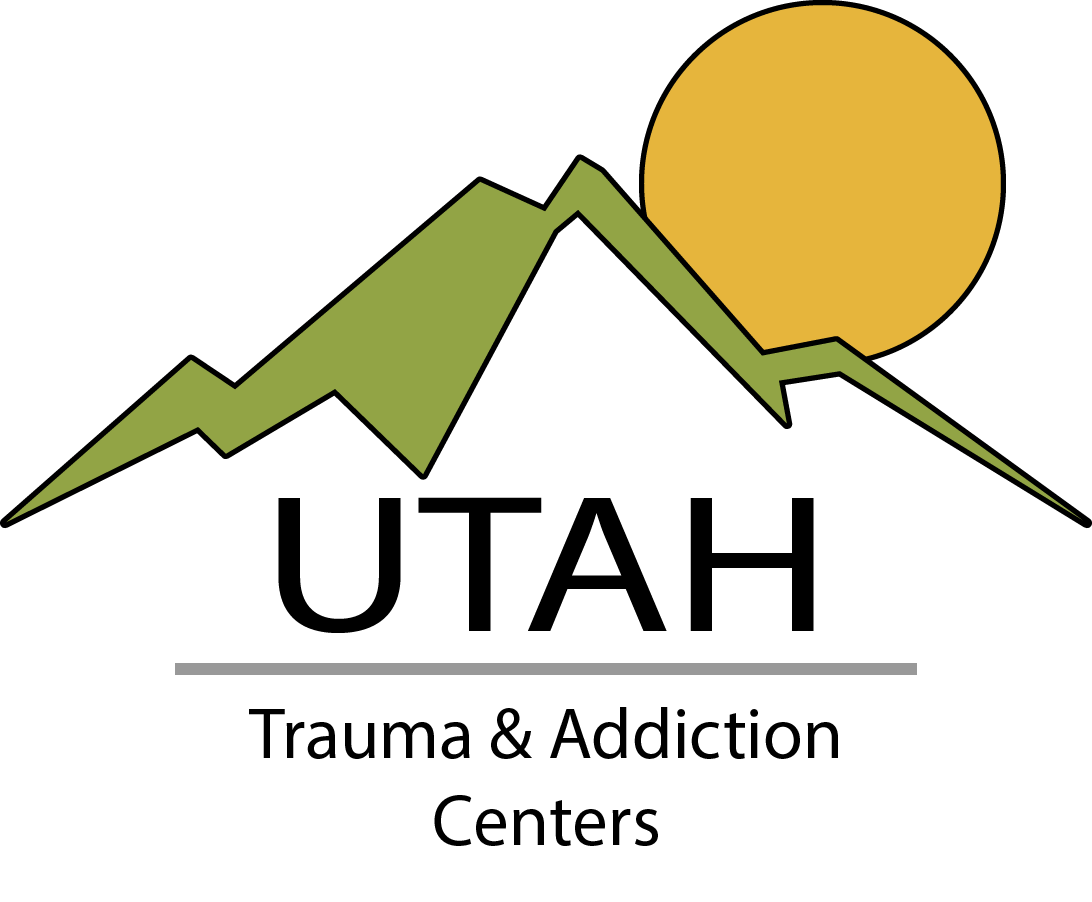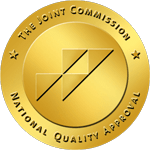Change the way you think, do and feel; or DIE!!
Upon first glance of this title, you may be thinking to yourself that this is a really harsh statement. Unfortunately for the majority of most addicts, this heading is all too real as death becomes the only solution to their problems. Anxiety and fears only heightens for the addict as the pain of change freezes the addict like a deer in headlights. Besides the medical explanation of the “disease” model of addiction; this fear of changing is exactly what keeps the individual suffering from a life-threatening drug or alcohol problem…“STUCK”. Is doom and gloom the only possible outcome for the addict? If addiction is a disease and hope seems so far away, what is the solution to such a devastating situation? Beyond the absolute need...


